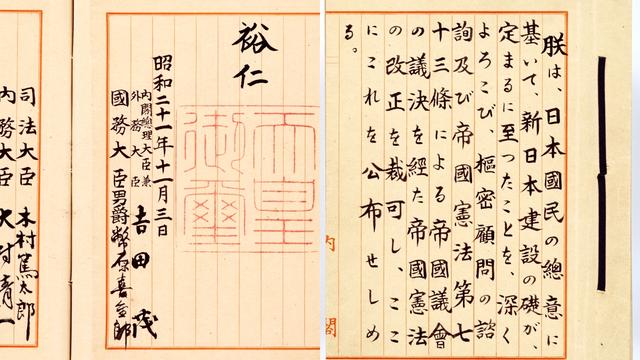Golden Week, the period of consecutive public holidays in Japan, holds a special place in the hearts of everyone who lives in Japan. From late April into early May, this series of holidays offers a precious opportunity for rest, relaxation, and celebration. In this blog post you will learn about the origins of Golden Week, the significance of its holidays, and how Japanese people like to spend their time during these holidays.
Origin of Golden Week
The concept of Golden Week first appeared in the wake of Japan's post-war reconstruction efforts. In 1948, the Japanese government established four designated public holidays, coincidentally clustering them together at the end of April and beginning of May. These holidays were enshrined in the National Holiday Law Act, providing a moment of leisure to the Japanese people.
The term "Golden Week" itself was first used by Hideo Matsuyama, the managing director of Daiei Film Company, in 1951. Inspired by the high audience numbers during this period, reminiscent of the "golden hour" in radio broadcasting, Matsuyama used this name to refer to the week-long holiday. Because of that, Golden Week became synonymous with a time of increased leisure activities, from cinema outings to family vacations.
The Days of Golden Week
Golden Week comprises four distinct holidays, each with its own historical and cultural significance:
昭和の日 (Showa no hi) Shōwa Day (April 29th): Showa Day kicks off the Golden Week festivities, and was originally set to honor the birthday of Emperor Hirohito from the Showa period. At first this holiday was called Greenery Day, in reference to the Emperor's love of nature, but eventually, in 2007, the government reached a decision: the day would be known as Showa Day. Emperor Hirohito's influence on Japan's transformation and history was so profound that people and government wanted to make sure his legacy lived on, hence the birth of this holiday.

憲法記念日 (Kenpō Kinenbi) Constitution Memorial Day (May 3rd): Established in 1948, the Constitution Memorial Day honors the promulgation of Japan's post-war constitution. This document, emphasizing democracy and individual rights, symbolizes Japan's commitment to peace and progress. The Constitution Memorial Day itself is officially in place to celebrate the government and democracy.

みどりの日 (Midori no hi) Greenery Day (May 4th): Formerly celebrated on April 29th as a tribute to Emperor Shōwa's love of nature, Greenery Day shifted to May 4 to accommodate the reestablishment of Shōwa Day.
It's a day for appreciating Japan's natural beauty and enjoying outdoor activities. Many government-run parks and attractions like Shinjuku Gyoen and Jindai Botanical Gardens offer free entry for citizens on this day, and lots of people take the opportunity to get out of the city and visit some nature.
こどもの日 (Kodomo no hi) Children’s Day (May 5th): Children’s Day was designated in 1948 and is actually a holdover from the lunisolar calendar’s gosekku (five annual ceremonies that used to be held at the Japanese imperial court) and marks a traditional holiday called Tango no Sekku (Boys' Day). Its counterpart, Hina Matsuri (Girls' Day) is celebrated on March 3rd. On this day families pray for the health and future success of their sons by hanging up carp streamers and displaying samurai dolls, symbolizing strength, power and success in life.
Celebrating Golden Week
Golden Week represents a time of both relaxation and exploration for Japanese people. Many take advantage of the extended holiday to embark on domestic or international trips, leading to bustling tourist destinations and fully booked accommodations. Families come together to enjoy quality time, whether through traditional customs like displaying koinobori or modern leisure pursuits like visiting amusement parks.
Unlike other holidays deeply rooted in religious or spiritual practices, Golden Week is primarily a period of leisure for employees and students. It provides a welcome break from the rigors of daily life, allowing individuals to recharge and create lasting memories with loved ones.
And as you gear up for Golden Week, why not check out our online store? We've got a fantastic selection of items perfect for spending your time during the holiday. Treat yourself to something special and make this Golden Week even more memorable!


